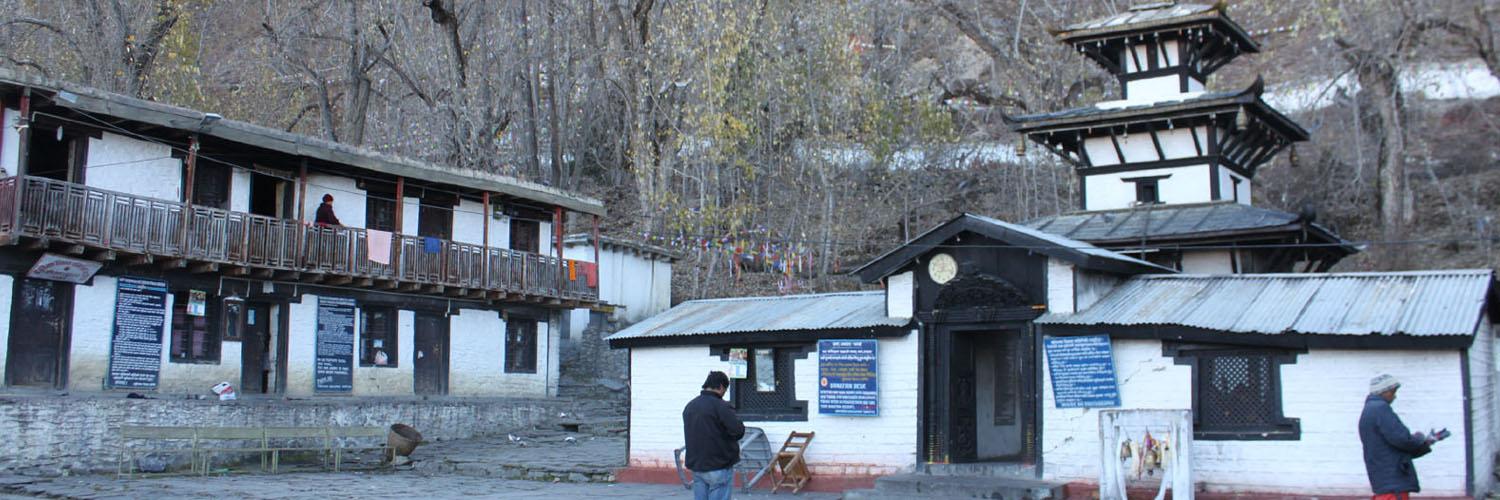1. What are the main highlights of the tour?
This tour encompasses three significant Hindu pilgrimage sites: Pashupatinath in Kathmandu, Manakamana Temple, and Muktinath Temple in the Mustang district, known for their religious significance and stunning landscapes.
2. What does the tour entail at Pashupatinath Temple?
At Pashupatinath Temple in Kathmandu, travelers can witness traditional Hindu rituals, explore the temple complex dedicated to Lord Shiva, and observe various ceremonies performed by priests along the banks of the Bagmati River.
3. What experiences can travelers expect at Manakamana Temple?
The tour usually includes a visit to Manakamana Temple via a scenic cable car ride. Manakamana is believed to be the wish-fulfilling goddess, and devotees visit this sacred site to offer prayers and seek blessings.
4. What does the trip to Muktinath Temple involve?
Visiting Muktinath Temple requires a flight or drive from Kathmandu to Jomsom, followed by a trek or drive to Muktinath, a revered pilgrimage site for Hindus and Buddhists. The temple is known for its religious importance and natural beauty.
5. Are there opportunities for interactions with local communities during this pilgrimage tour?
While the focus is primarily on visiting the temples, travelers may interact with local devotees, monks, and priests during their visits, providing insights into Hindu practices and cultural traditions.
6. Is there any physical activity or trekking involved in this pilgrimage tour?
The trip to Muktinath may involve trekking or driving through rugged terrain, and some walking might be required to explore the temple premises. However, the tour is designed to accommodate various fitness levels.
7. What is the best time of year to embark on this Hindu Pilgrimage Tour?
The best times to undertake this tour are during the spring (March to May) and autumn (September to November) seasons when the weather is generally favorable for travel and pilgrimage activities.


